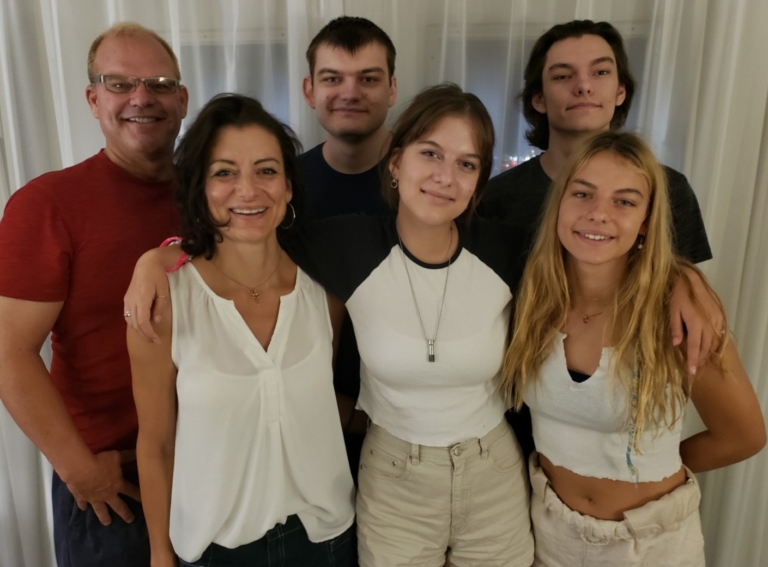Listen, Watch, Participate
The drama ended with song and dance in celebration of God’s miracle. The first time we saw this story from 2 Kings performed among the Banjara tribe of Andhra Pradesh in southern India, we were delighted. This narrative had suddenly become unforgettable, forever written in our hearts. The native villagers too would long remember every detail of this story and each emotion they felt while listening, watching, and ultimately participating in the story through song and dance.
So many elements were present in this narrative to help oral learners remember the passage they had just experienced. There were features of the story itself: God the healer, leprosy—a disease they knew too well—memorable women characters, a soldier, kings, palaces, a prophet, and a familiar desert landscape by the Jordan River. But equally compelling were the oral arts woven together in a fine tapestry, bringing alive in the native language the characters and events through drama and evoking emotions of celebration through music.
The Oral Arts Are The Lifeblood Of Traditional Cultures And A Gift From God
Integrating the traditional oral arts may utilize up to four traditional media to enhance every Scripture story told: storytelling, drama, song, and dance. There are other art forms, such as recitation of the Psalms and biblical poetry, the use of instruments, shadow puppetry, dramatic readings, etc. The oral arts are especially motivating in traditional cultures where they enhance cultural identification and emotional response to the message.
The key to effectiveness is the concept of INTEGRATION. One story essentially told in several captivating media in the local context becomes dynamic and unforgettable.
Scriptures come alive since culture is dear to the heart of people. In these venues for performance the audience can experience the gospel message in esteemed, relevant, and non-threatening ways.
Tell the story, Sing the story, Dance the story, Act the story.
Creative ethno-arts have been encouraged among practitioners of storytelling trained by SIU since the very early days. Early on we adopted the slogan “Tell the story, Sing the story, Dance the story, Act the story.” This is part of the reason narrative flourishes, bringing biblical story alive.
On a cautionary note about the use of music and drama, we must not impose a creative form of arts or worship that exists elsewhere but may be locally inappropriate. The missions world has long introduced around the world music styles from the West that may not be effective nor give opportunity for development of a people group’s own ethno-worship. Rather than translating hymns or Western worship songs, we should do whatever it takes to help the local audience discover the most appropriate styles of oral arts for their communities. As we encourage their integration into effective and impactful storytelling, we see the most stunning presentations and powerful witness for Christ imaginable all over the world.
Integrating the “Traditional Oral Arts” is so fun to see and has so much depth and learning in it. We would be interested in hearing from you on this topic.
Read other posts in this series by SIU founders, Jim and Carla Bowman:









You wrote, “…we should do whatever it takes to help the local audience discover the most appropriate styles of oral arts for their communities. As we encourage their integration into effective and impactful storytelling, we see the most stunning presentations and powerful witness for Christ imaginable all over the world.”
Well said, Kent! This seems to be at the core of effective communication. Missionaries who invest significant time and attention into learning language AND culture can respectfully present and navigate presentation methods wherein they can speak God’s truth in God’s love. God Himself came in our form, speaking our language at our levels. His stories opened His truth for all to hear and grasp.
Bless you, brother! Keep teaching us!
Greetings Kevin,
Thank you for the kind words and encouragement to keep doing what SIU has been doing for over 33 years now in the harvest fields around the world! We continue to see the “Oral Arts” transform lives in every community they are practiced. Blessings to all of your work and discipling here in the States as well. God is Great and Greatly to be Praised!!! Kent